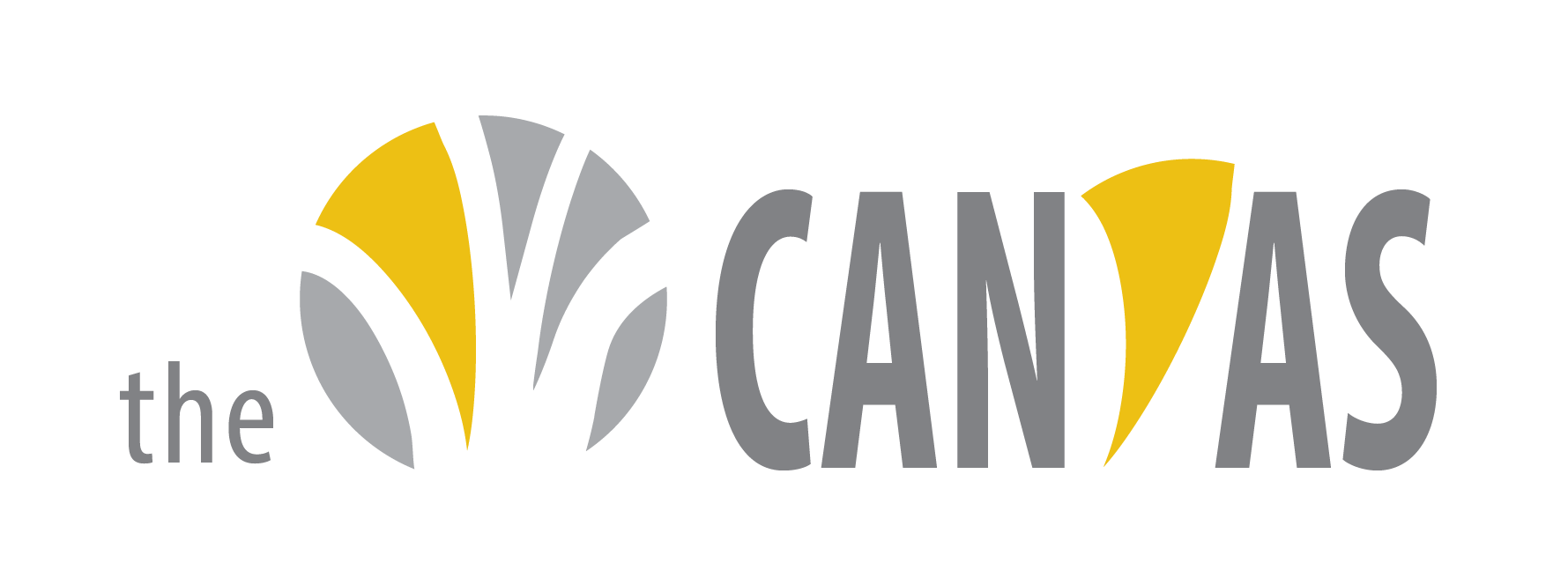One of the unexpected effects of this terrible pandemic is that global pollution levels have dropped significantly. In China, after two months of near shut-down, carbon emissions have decreased by an estimated 25% and people in Northern India can see the Himalayas for the first time in decades. Travel restrictions have forced millions globally to stop flying and driving, heavy industry has slowed production, and we have largely slowed our manic consumerist habits, or at least channeled them into buying dried beans and pasta. In fact, except for those working the front lines of the health care crisis, and except for our consumption of media, we have collectively slowed way down in almost every other way. This is not a “silver lining." There is no silver lining to the thousands of people who have lost their lives to this pandemic, or to the many, many more who will not survive coming months, to the real and painful effects of an economy in recession. This is real, and the grief is real and the fear and shock, and the danger and insecurity. The realness of it all is also the only reason why we have changed our habits. It is the only reason why we are forced to practice restraint during this time, but that in itself is no small thing.
On collective restraint, humanist theologian Anthony Pinn retells the Hebrew Bible story of Nimrod and the Tower of Babel as one in which God is a force of restraint keeping human activity in check. Nimrod, argues Pinn, acts in an unprecedented way by exercising freedom to build the tower, even while knowing the impossibility of the feat, and thereby damaging the “metaphysical groundings of restraint.” What happens to restraint, then, post-Babel? It does not go away, but is instead internalized, given a humanist reality, according to Pinn. He writes: “Human maturation entails the absorption of restraint, the recognition that restraint must issue from the inner self in the form of measured realism.”
I’d like to focus in on this version of restraint that issues from the inner self. It is not a quality that is sexy like abundance or courage. Restraint is quiet and muted, and on first inspection has the dampening spirit of a parental shushing. It is a discipline that seems to have gone out of style, a word we don’t often use. And yet, as a quality that is internalized, it carries the seeds of creativity. Restraint is at the heart of the Lenten sacrifice, of the fast of Ramadan, of countless rituals in earth-based traditions, all of which exercise a kind of will power towards non-doing. It is easy for us ultra-liberal Christians, skeptics and humanists to reject prescriptive traditions wholesale. But let us not throw out restraint. It may be exactly the quality we need to cultivate, and it is a quality that my UU faith—which sanctifies all life in our seventh principle—is perfectly poised to live into. I put forth that it is a kind of moral obligation in this time. Certainly during the COVID 19 pandemic, but beyond as well.
Restraint is also fundamentally anti-capitalist. Dorothee Soelle, for whom the only place we find God today is in the political struggle, defines sin as “structural alienation from nature, from ourselves, from our being part of the human family and from our fellows.” Sin is a hard little word that makes liberals uncomfortable for good reason, but applied to structural inequity and systems of oppression, may be worth retaining. This type of sinfulness, adds Sharon Welch, is directly related to capitalism. And restraint is the kryptonite of capitalism.
The geological age we now live in is called the Anthropocene, and it is distinct from any previous age because it’s defined by human activity, now the primary factor altering ecological systems. Think about that: our behaviors over such a short period of time, geologically speaking, have shifted us into a new geologic age. The complexities here are mind-boggling, but we do know that in order to address the messes of the Anthropocene, we simply have to stop.
It is a deeply humbling stance, and an unfamiliar one, to restrain ourselves, to listen first, to sew patches instead of buying new pants. Restraint is fundamentally opposed to the ways that our culture is organized, and opposed to capitalism which is built on a model of continual growth and relies on the cycles of extract, posses, consume, repeat. Restraint is iconoclastic, going against the fabric of our culture. It is subversive. It makes space for something in us that is deeply reverential and deeply wild and never needs to buy anything.
At its heart, restraint is the act of mindfully and purposefully not doing. It should be the easiest thing, this non-doing. Yet, anyone who has attempted meditation for more than thirty seconds knows that it is not. It requires great maturity, great trust in ourselves, in the empty space that it opens in us. And that is also its great gift. Because the space that restraint forces open is not, on further investigation, an empty one. It is full of tension, full of disappointment, maybe, full of agitation. Full of all those layers we’ve been compressing over time, like sedimentary rock. And that tension is energy. Audre Lorde writes that “Anger is loaded with information and energy.” Well, so is the space opened up when we refrain, when we step back actively. Eventually, if we’re lucky, wisdom may come to take up residence in the space that restraint makes possible. Eventually, maybe we learn to love what is there rather than what is not. “This could be our revolution—to love what is plentiful as much as what is scarce,” writes Alice Walker.
Restraint is the tempering energy which may have its time yet. It is uncomfortable, maybe, but it is not boring. Within restraint you find a spaciousness that contains all the strangeness of our particularities while diminishing the importance of the individual ego. The space that restraint forges is where creativity can take hold. Artists know this, that the tension between restraint and exuberant expression is creative gold. The Spanish poet Federico Garcia Lorca wrestles with this tension in his essay about duende. You could even say that Jesus lives this tension during the last supper. Restraint can engender spectacular creativity.
And so, we can look at this time of the pandemic of 2020 as a practicum in restraint. Restraint is both non-action and a kind of prayer. Studies suggest that when a new behavior like not driving, for example, is practiced for long enough, it has the possibility of sticking around. Every day now droves of people in their family or designated germ-sharing groups come out to the parks playing soccer, arguing, throwing stones in the water, or just wandering. None of them being consumers. All of them being fully human. It is so beautiful that it makes my heart ache. Will this be enough? I wonder.
Carbon emissions sometimes seem like a global manifestation of our collective anxieties. We, the creators of the Anthropocene, are actually quite anxious about the imbalances we’ve introduced to the planet. We express that anxiety by doing more of the same. I suspect that we don’t really want to be in charge. I suspect that we are much more comfortable when our structures reflect that we’re part of nature, not in charge of it. This understanding of interconnectedness, of our humble place biologically, is woven into our DNA, resides in our consciousness. The Unitarian Universalist principle, “Respect for the interdependent web of all existence of which we are a part” is a most natural attitude. And restraint follows from internalizing this principle. This is not to misplace our focus—when it comes to environmental destruction, focusing on personal habits can be a dangerous distraction if not coupled by political mass resistance. It is true in oppressive regimes, and it’s true in a carbonized economy. I’d like to suggest to you that restraint’s natural conclusion isn’t just more restraint—it is resistance. Let us learn restraint, then, but let us not stop there. Let us take that restraint and orient it towards resistance. Effective resistance, after all, is a kind of directed, creative and collective restraint. This kind of resistance can have enormous political consequences because it’s lit by from the inside, because when we do it we are transformed. In praxis, resistance becomes prayer.
When this particular pandemic has loosened its grip on us, that will be a new moment of reckoning. Will we return to our familiar? Will our recovery efforts be short-sighted and fear-based? What we have may instead be just enough universal disruption for something new to take hold.



Your Comments :